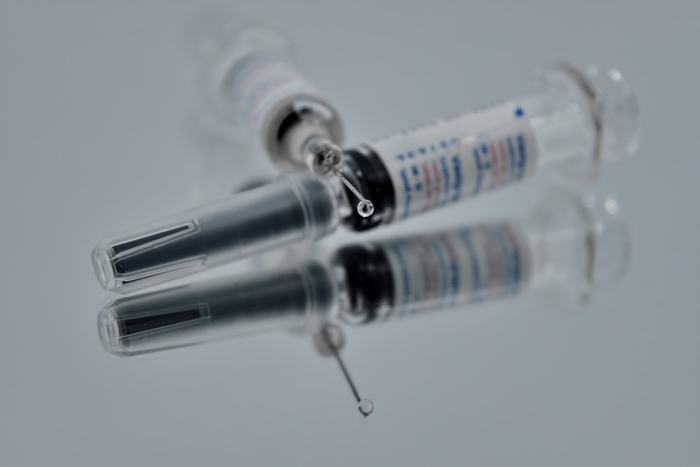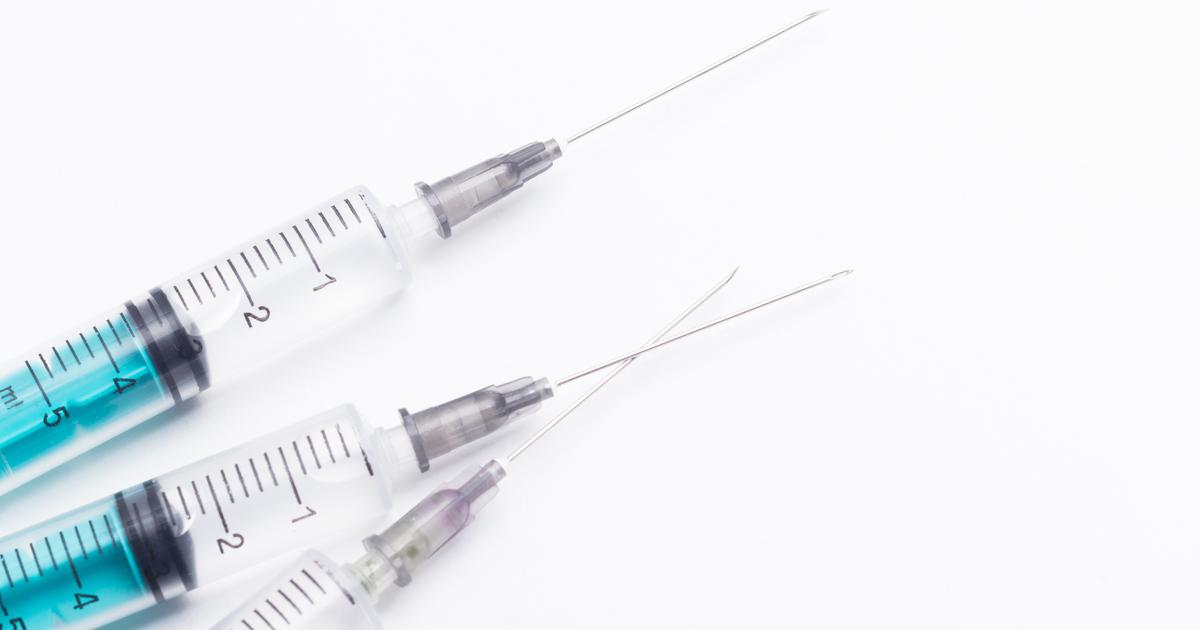Half dose, full dose, an interval of 21 or 120 days between the first dose and the booster: it has never happened so far that doses and times set by a clinical trial have been questioned, but the emergency is such as to revolutionize even these rules.
After the rush to develop anti Covid-19 vaccines, the pandemic opens up another scenario never seen before, accompanied by a debate that sees experts from all countries lined up.
There is no shortage of official voices, such as that of the Joint Committee on Vaccination and Immunization (JCVI), the independent expert committee called to rule on every decision relating to vaccines, for which giving priority to the first dose rather than repeating it could have an impact on public health, reducing the number of deaths.
It is no coincidence that the journal Nature, on its website, wanted to give space to this new phenomenon, which sees the scientific community divided between those who look at change with favor and those who fear that the changes are dictated by desperation rather than by evidence. scientific.
Opinions are also conflicting in Italy, where the president of the Italian Society of General Medicine (Simg), Claudio Cricelli, considers it "essential to speed up the anti-Covid vaccination process", administering the first dose to everyone to stem the effects of the third wave , while it is possible to delay the second dose.
For the president of the Federation of Medical Orders (Fnomceo), Filippo Anelli, "as long as there are no different indications from the regulatory bodies, the recall of the anti-Covid vaccine must be done on schedule".
On the other hand, the former president of AIFA Stefano Vella is opposed to delaying the recall, as "scientific data say that the right amount of neutralizing anti-Covid antibodies arrives after the second dose".
For Giuseppe Remuzzi, director of the 'Mario Negri' Institute, the basic problem is that "we don't know very much about mRna vaccines: they are too new".
And for the more traditional ones, like the Russian one or that of AstraZeneca, it is possible that the immune system begins to produce antibodies against the vector that carries the viral particles, rather than against the virus itself.
"The risk - observes the expert - is that doing the second dose immediately ensures that the antibodies neutralize the vector before the virus".
Unfortunately, decisions will have to be made, the expert notes, as a problem of lack of doses could emerge.
For his part, Remuzzi believes that "two doses of the Covid-19 vaccine must necessarily be administered, while the time interval between the first dose and the booster could be extended without there being substantial differences in efficacy".
According to Remuzzi, the ideal would be an interval of 120 days.
"I don't suggest changing the vaccination strategy right away, because there are organizational problems, but when the real vaccination campaign starts, in mid-February".
This, he notes, "would also allow teachers to be vaccinated".









